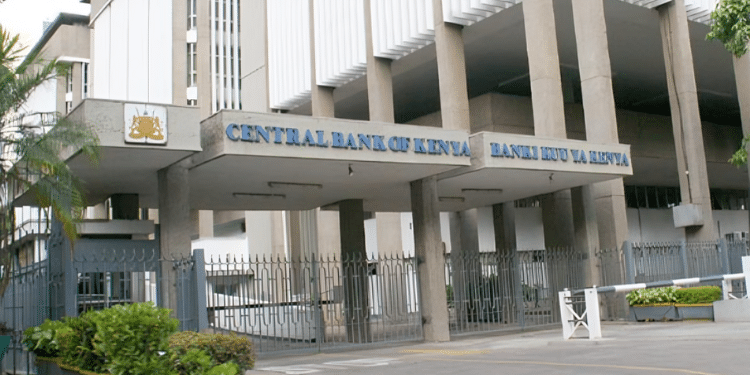The Ethics and Anti-Corruption Commission (EACC) has identified at least five categories of academic fraud in both the National and County Governments.
On Thursday, July 27, EACC led by Deputy CEO Abdi Mohamud, appeared before the Constitutional Implementation Oversight Committee of the National Assembly to provide a progress report on the discharge of its mandate of fighting corruption and promotion of ethics in Kenya.
EACC raised the issue of academic fraud which the commission it says is appalling and a direct threat to the integrity of Kenya’s education system.
To begin with, EACC stated that the first form of academic fraud is where people alter their high school grades on their Kenya Certificate of Secondary Education (KCSE) Certificates to ‘attain’ the requisite qualifications for entry into the universities or other higher learning institutions.

Further, EACC said the second form is where some people also get admission to university programs but for unknown reasons fail to complete their studies and then forge degree or diploma certificates to secure employment.
“Persons who enroll for university programs, complete their studies, and graduate but alter their degree/ diploma classification. E.g. from Second Class Lower Division to First Class or Second-Class Upper Division,” stated EACC.
The Commission also revealed there are persons who do not undertake any post-secondary education but forge degree or diplomas certificates to use in securing employment and/or admission for postgraduate courses such as master’s degrees.
“Individuals personate people named on academic certificates to either apply for admission to higher earning institutions or seek employment as though they were the persons named on the certificates. This is where the fraudsters use qualifications belonging to other people,” said EACC.
Also Read: Public Servants Imprisoned For Forging Academic Qualifications
Additionally, EACC blamed employers, universities, and colleges for the widespread academic fraud in the public service.
The commission pointed out that workers secure employment, promotions, or university admissions using fake certificates with the full knowledge and support of their employers or the universities.
Also Read: Head of Public Service Cautions PSs Against Corruption
Solutions to Academic Fraud
To address this growing trend, EACC suggested three solutions to the employers, government, universities, and colleges.
The Commission proposed that employers should always undertake sufficient background checks on the academic certificates submitted by job candidates to authenticate the same with the issuing institutions.
Further, EACC advised that job adverts should require applicants to have their academic certificates certified by issuing institutions.
“Universities and colleges should play a proactive role by establishing strong internal controls that would enable early detection of fake academic certificates submitted by prospective students seeking admission for undergraduate, postgraduate, or other courses,” said EACC.
In addition, EACC recommended that any university or learning institution that may be engaged in collusion to issue academic certificates to unqualified persons, including individuals who have not undertaken or completed studies should desist from doing so and strictly adhere to prescribed standards.
In conclusion, the anti-graft agency pledged to continue investigating and recommending prosecution of suspects of academic fraud in addition to recovering any salaries and benefits earned by public officials from employment on fake academic qualifications.











































































